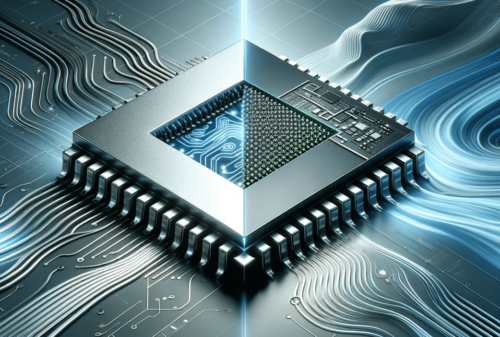This design for analog chips, which marries the precision of digital systems with the speed and energy efficiency of analog technology, holds promise for transforming data processing in autonomous vehicles, AI, and beyond.

Researchers at the USC Viterbi School of Engineering have made a significant advancement in analog computing, potentially revolutionising the way data is processed in applications such as autonomous vehicles and artificial intelligence. A recent paper published in the journal Science introduces a new design for analog chips that combines the precision of digital computing with the energy efficiency and speed of analog systems. The team focuses on the development of memristors, small circuit components known for their efficient data storage and processing capabilities.
The research team, led by Professor J. Joshua Yang of the Electrical and Computer Engineering department, has successfully modified memristors to achieve unprecedented precision in analog computing. This innovation is not limited to memristors alone. It also applies to other memory technologies, including magnetic memories used in hard disk drives and phase-change memories found in compact disks. The new circuit architecture and algorithms developed by Yang’s lab enable precise and rapid programming of analog devices, making analog computing more attractive for various applications.
It can potentially enhance the efficiency and speed of neural network training, a crucial aspect of artificial intelligence and machine learning development. Furthermore, the technology could pave the way for new applications beyond AI and ML, such as scientific computing for weather forecasting. As the world continues to explore the possibilities of analog computing, this research represents a significant step forward in combining the best of digital and analog systems for a more efficient and precise computing future.






